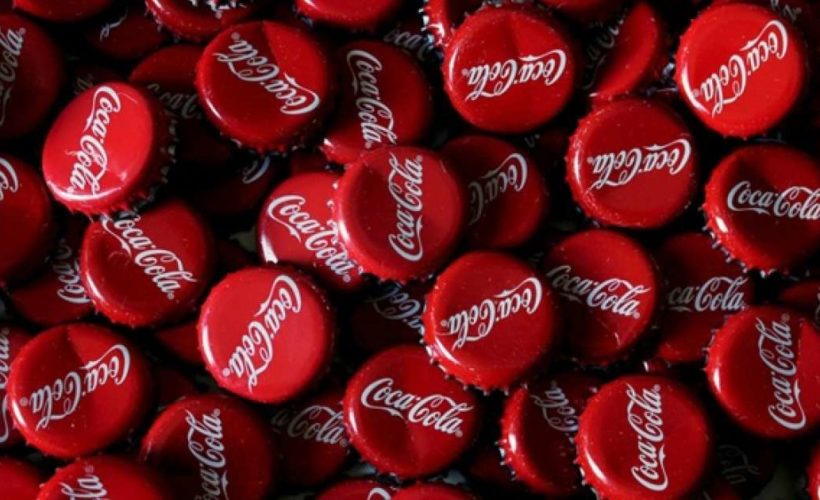
Recognising the gradually changing consumer preference for healthier beverages over fizzy drinks, Coca Cola has been moving into the nutrition space for a while now. After launching several products such as Minute Maid Vitingo for micronutrient deficiency, Vio dairy drink and Zico coconut water, among others, the Atlanta-based giant is reportedly now opting for indian drinks like jal jeera and aam panna.
As reported by Bloomberg, T. Krishnakumar, chief executive of Coke’s business in India and Southwest Asia said that one has 29 states, which are virtually 29 countries. People speak different languages, have different food and beverage habits, have different motivations for consuming food and beverages.
Little wonder then that Coca Cola’s push into this niche space – hitherto dominated by small start-ups – will match its usual scale. According to Krishnakumar, first up is its carbonated version of jal jeera, currently being launched around the country. Coca Cola’s aam panna drink will be out in time for summer while an expansion into dairy products like spiced buttermilk and lassi is expected in 2020.
As per this development, Coca Cola will be going up against incumbents such as Bengaluru-based Hector Beverages, which owns the Paper Boat brand, Mumbai-based Xotik Frujus and Rajasthan-based Jayanti Group, whose slogan reads ‘Be Indian Buy Indian’.
This explains why Coca Cola has planned a product blitzkrieg in the country over the next few years. Krishnakumar had announced that they have embarked on an incubator approach for future launches which will reduce the time taken from ideation, execution and eventual launch in the market. They would also launch products nationally and not regionally as they do now. Within 3 months every product will be available across the country. Against last year’s five, they hope to launch at least 10 products from the year. Eventually Coca Cola wants to scale it up to 25-30 products every year.
The new ethnic drinks foray is a part of that plan and is paired with the company’s $1.7 billion foray into locally-grown fruit juices. It’s reportedly building vast plantations of fruits like mango and litchi to produce industrial levels of concentrate to make these juices available at low prices – perhaps even export them – keeping an eye on the lucrative pie. A recent Goldstein Research report predicted that the India packaged non-alcoholic beverages market will grow at a CAGR of 16.2% between 2016 and 2024, crossing the $20 billion milestone by the end of the forecast period.



